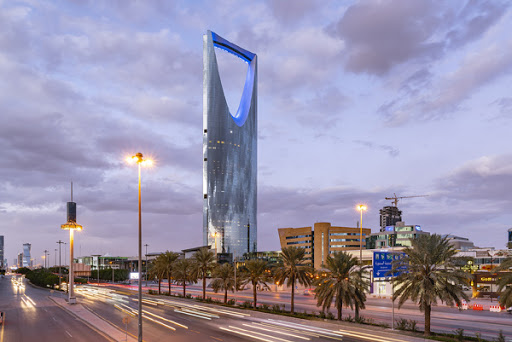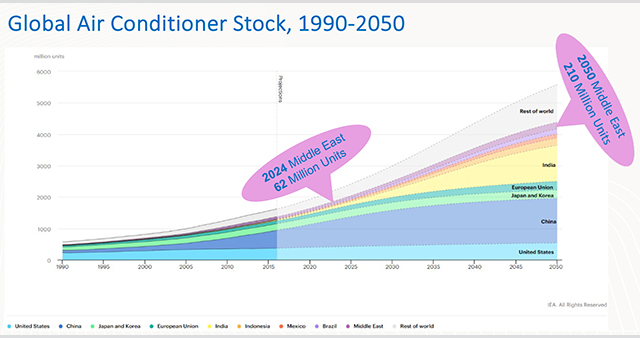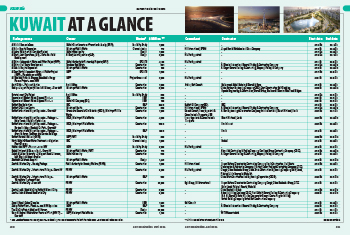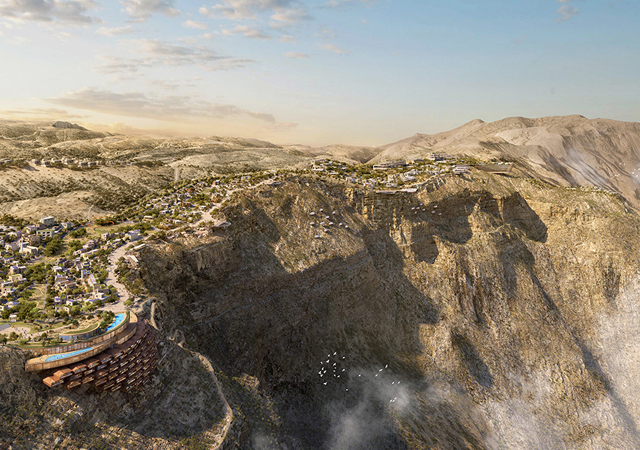
Saudi Arabia’s property market has started showing the first signs of a post-Covid recovery buoyed by an overall improvement in the country's business activity, according to property expert Knight Frank.
This is in turn driving an improving outlook for the kingdom’s real estate market with the apartment values in the kingdom's top markets Riyadh, Jeddah and Dammam posting steady growth and residential mortgage loans surging by 38 per cent in February over last year, stated Knight Frank in its Q1 2021 Saudi real estate market review.
"Like other global economies, the pandemic has driven a widespread economic slowdown across the kingdom, however improved business confidence during the closing months of 2020, underpinned by economic reforms linked to Vision 2030 and the rapid response to Covid-19 has helped to drive a turnaround in performance in all main segments of the real estate market," remarked Faisal Durrani, the Head of Middle East Research.
On the residential sector, Knight Frank said the apartment values in the kingdom's top markets - Riyadh (4.4%), Jeddah (6.5%) and Dammam Metropolitan Area (3.2%) all increased to end Q1 at SR3,450 ($919) per sq m, SR3,950 ($1,052) per sq m and SR2,050 ($546) per sq m, respectively.
Villas on the other hand experienced price falls across the board, it pointed out.
In Riyadh, the average prices fell by 1.6% to SR3,750 per sq m, while in Jeddah, the villa sales prices were down 6.3% to a little over SR5,000 per sq m, while in the Dammam Metropolitan Area (DMA), villa values declined by almost 8% during Q1, leaving them at around SR3,250 per sq m, it added.
According to Durrani, the recent decision to exempt real estate transactions from a 15% VAT charge has helped to boost activity in the residential market.
"The overall improvement in business confidence and market sentiment has led to a surge in residential mortgage loans, which rose by 38% in the 12-months to the end of February, which has in turn materialised in the form of a marked increase in residential transactions across the country, with Riyadh and Jeddah experiencing a 25% and 34% increase in deal numbers over the last 12 months," he noted.
"Despite this, the kingdom’s three main centres have experienced diverging performance in values for apartments and villas," he added.
On the office market scenario, the property expert said in the Grade A sector, rents experienced fragmented performance in the kingdom’s three main centres, with rental rates in Riyadh increasing marginally by 0.5% to SR1,465 per sq m during Q1, while for Jeddah, Grade A office rents have continued to decline, falling by 2.8% to SR1,008 per sq m.
Similarly, in the Dammam Metropolitan Area Grade A office rents edged down by 4.3% to just over SR900 per sqm in the first three months of 2021.
On the retail market, Knight Frank said in an effort to help increase SMEs' share of GDP to 35%, Kafalah, the Saudi SME guarantee programme, has to date achieved substantial growth, with close to 10,000 establishments now benefiting from the Kafalah fund in Saudi Arabia.
The fund’s guarantees have reached SR30 billion in 2020, double its 2019 total, with the wholesale and retail sectors the biggest beneficiaries.
In Riyadh’s retail market, market performance softened in all segments in the year to Q1 2021, with average regional and super-regional mall rents falling by 2.5% to reach approximately SR2,700 per sq m, whilst average community mall rents fell by 3.0% during Q1, leaving them just shy of SR2,000 per sq m, stated the report.
The market-wide vacancy rate in Riyadh increased by 1% in the year to Q1 2021 to 16%. Despite Covid-19, the average vacancy rate in malls where landlords have adopted digital transformation strategies to redefine consumer experiences and introduced more innovative omnichannel retail experiences, have managed to retain their existing and attract additional demand.-TradeArabia News Service





















_0001.jpg)


.jpg)
















.jpg)








.jpg)


